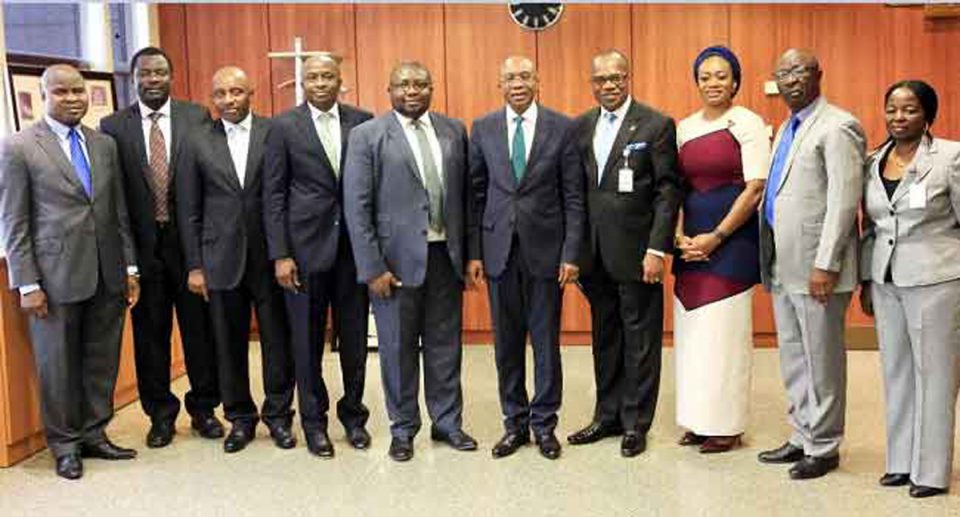The members of the Monetary Policy Committee (MPC) of the Central Bank of Nigeria, CBN, have indicated that the apex bank’s meeting in March was largely concerned with the twin problem of growth stimulation of economic growth and containment of inflation. The MPC is the highest monetary policy making body in the Nigerian economy.
The committee also noted that the country’s public debt accumulation limits further borrowing, resulting in a continuous weakening of fiscal policy which mounts significant pressure on monetary policy in addressing inflationary pressures.
These views were contained in the Central Bank of Nigeria Communiqué No. 135 of MPC held March 22 and 23 2021, with personal statements of members.
Adenikinju Festus, MPC member, said: “The liquidity in the economy is contributing to the pressures in the foreign exchange market as rational economic agents flee to safer currency amid low returns on fixed income assets and rising inflation rate. The planned huge budget deficit for 2021 Fiscal Year, will further fuel the local inflation rate.”
Another MPC member, Mike Obadan, however, highlighted among other issues, the limitations of monetary policy instruments in addressing the growth challenges.
He stated: “We are faced with the dilemma of low and fragile growth that needs to be reversed and accelerating inflation that also needs to be tamed because of its negative impact on people’s welfare and macroeconomic stability which is required for enhanced investment and production.
“Orthodox policy instruments available to the bank are not capable of achieving the desired two goals of strong growth and inflation control simultaneously without sacrificing one for the other.”




